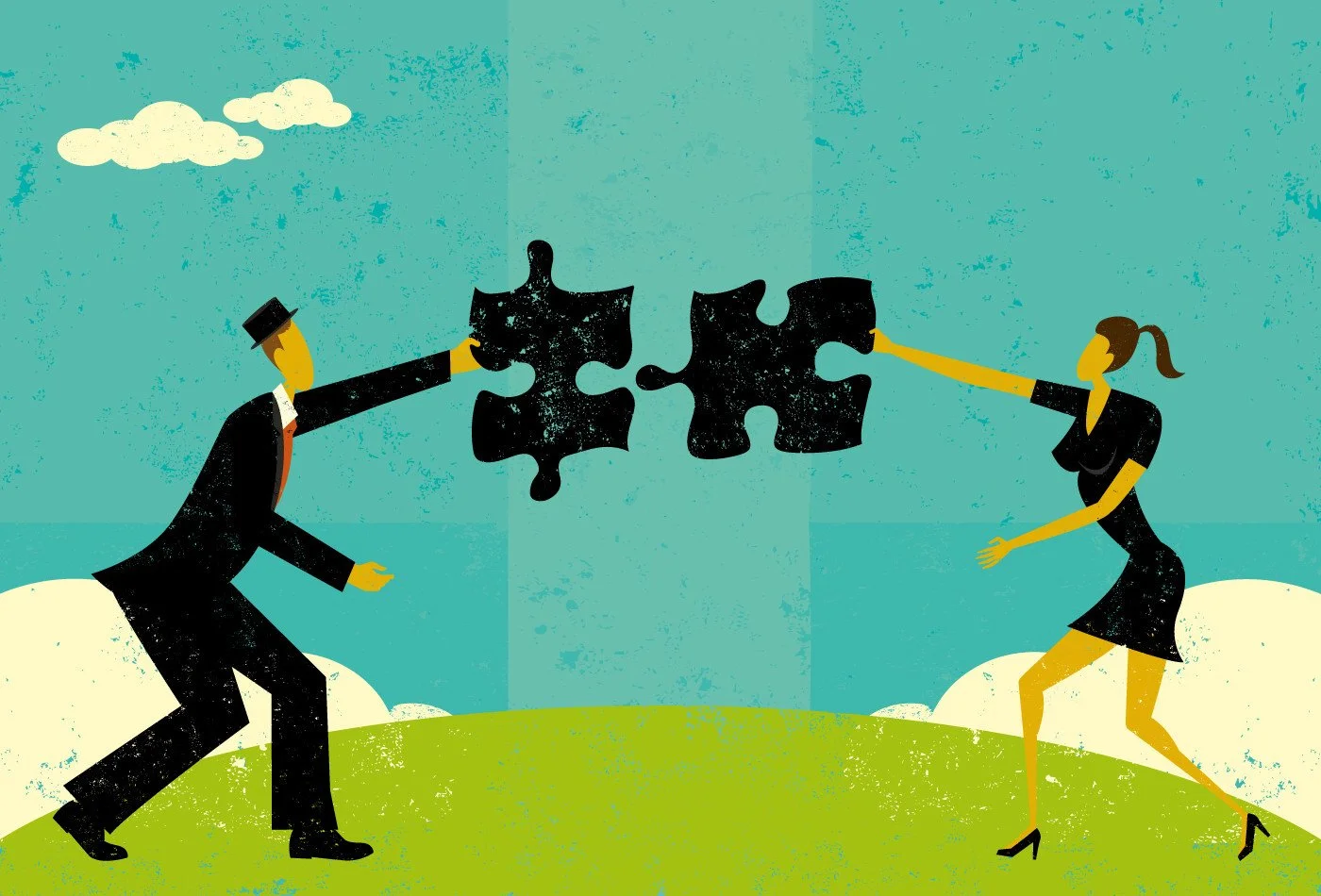Do future channel relationships need to focus more on the Partner Experience?
Whilst I’m certain you'll recognise the importance a positive partner experience has on your business, have you ever paused to consider what "Partner Experience" actually is?
Nearly every vendor I know talks of strengthening and deepening their partner relationships, but there are limited resources showing us how to isolate and design a strong partner experience.
Make it stand out
Whatever it is, the way you tell your story online can make all the difference.
Partner Experience differs from other channel strategy & thinking, aligning more closely with Customer Experience (CX) strategies than more traditional and potentially outdated B2B approaches.
Can consumer marketing help?
With no universally accepted definition of Partner Experience, I’m going to take bold attempt to define it. Given how closely aligned the concepts of Partner & Customer Experience are, I'm turning to our cousins in the consumer space to see what we might pick up from them.
One popular definition* for Customer Experience is
"...what customers feel while shopping, affected by such factors of how a store is laid out, the level of service they receive and how easy it is to find products."
There's a clear retail bias here but it eludes to the importance of emotions, service levels and the ease of doing business throughout the engagement process. Factors that are ever present in channel relationships.
In another interpretation, Gartner frames Customer Experience Management (CEM) as a strategy:
"…the practice of designing and reacting to customer interactions to meet or exceed customer expectations and thus increase customer satisfaction, loyalty and advocacy."
Highlighting the importance of creating engagements that meet and exceed expectation and the impact that has on satisfaction, loyalty and advocacy. Three notable performance indicators for channel businesses.
The latest entry in Wikipedia, describes it as the net result of the engagements between a business and customer:
"...the product of an interaction between an organisation and a customer over the duration of their relationship."
The entry cites three core components; customer journey, brand touch points and the environments that are experienced. Again all relevant in channel terms.
That's great, so how does that help?
It acts as a valuable guide in providing the primary ingredients of Partner Experience, which are individuals, expectations, interactions and time.
It’s all about individuals. What's the common theme in a good customer experience? As obvious as it may seem, the most successful experiences are designed for an individual. Unsurprisingly this is no different in the channel.
Moreover it’s about individual expectations. Each individual in your channel may have contrasting expectations of their relationship with your business. CEO & CTO, Finance & Sales Director, Marketing Manager & Salesperson. Deliver vanilla catch all communication and management and you'll not meet them.
Expectations must be met in every interaction. All functions supporting your channel need to be genuinely aligned so that every (human & digital) touch point is synchronised. We all know about the sales and marketing relationship, but this is also training, finance and operations. I could go on.
It’s a lifelong process. It’s not about getting it right today, tomorrow, this month or next. The partner journey extends from the very first interaction to the last.
Ok interesting, so where's our definition then?
In simple language a plausible interpretation of Partner Experience could therefore be:
"...how much the expectations of individuals in your channel are met through every human and digital touch point over the life of your engagement with them."
With this in mind I'd like to pose a few questions.
How focused is your business on individual relationships in the channel and do you have a sense for each of their expectations?
Can you easily identify everyone of your human and digital touch points and are they in sync?
Is anyone in your business truly accountable for this on a holistic basis?


